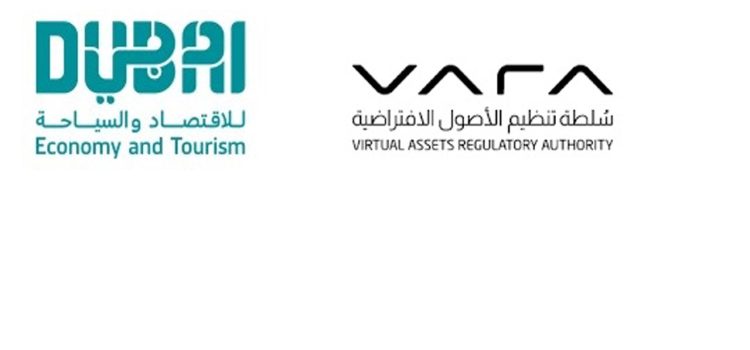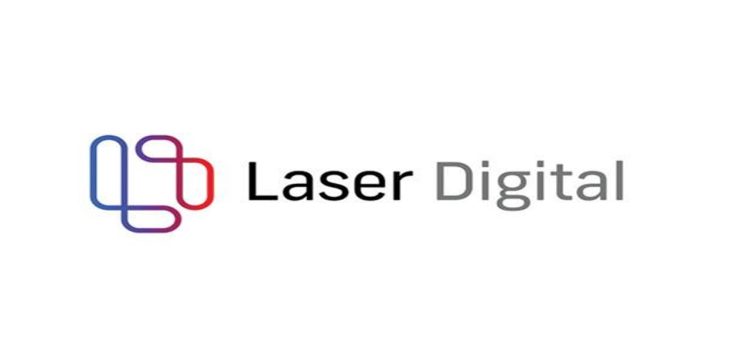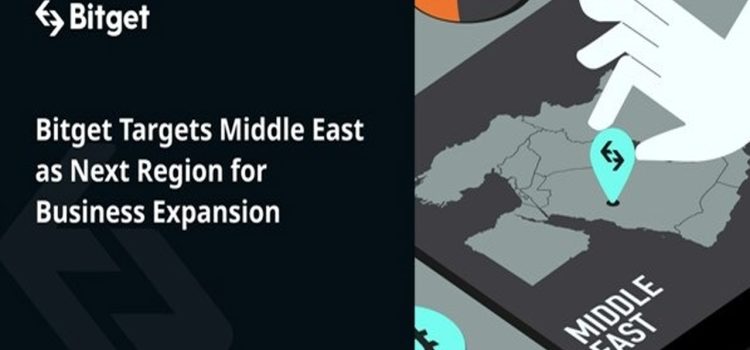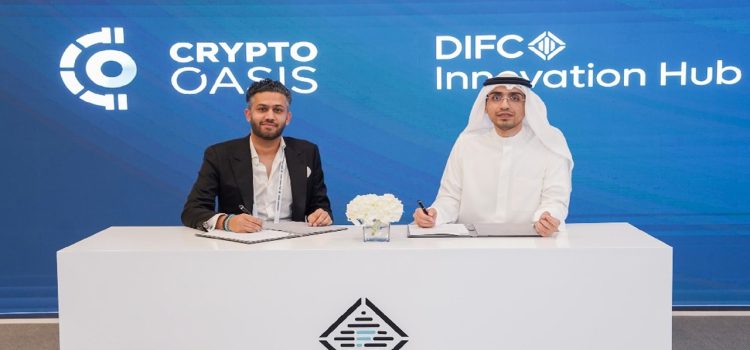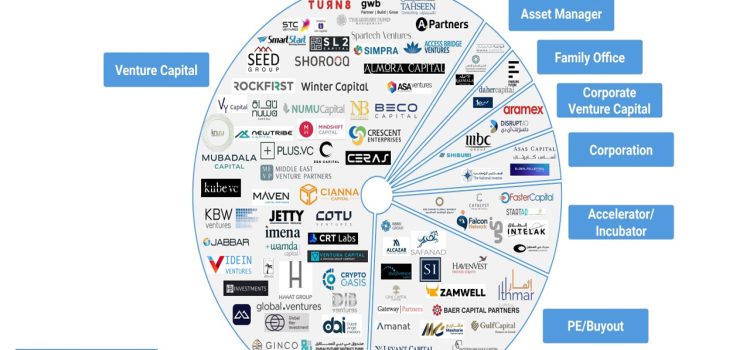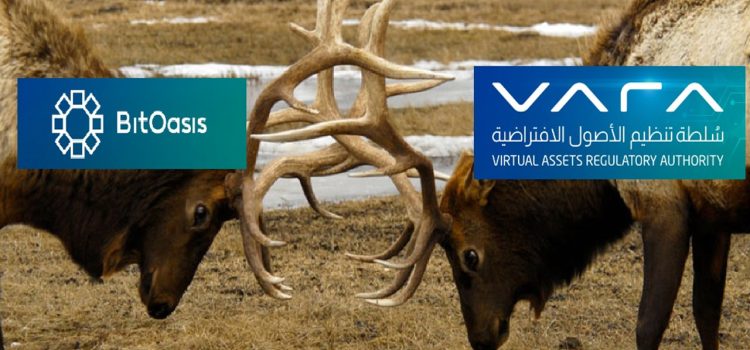
The Dubai Department of Economy and Tourism and the Virtual Assets regulatory Authority have signed an MOU to unify VASP ( virtual asset service provider) offering in the city.
The two entities will collaborate to offer a synchronised VA market assurance across the Emirate of Dubai – spanning [Public/Marketplace] Customer Care + Complaints; [Business] On-Site Inspection + Enforcement; [Business] VASP Registration + Licensing; [G2G + G2B + G2C] Education-Training-Knowledge Sharing.
As per the MOU, both parties agree to pool their complementary capabilities to lay robust foundations that will aid Dubai’s GDP contribution to the expanding global New Economy portfolio, reinforcing the city’s reputation as an attractive, innovative, and secure global hub for Virtual Asset Service Providers (VASPs), operators, and customers.
The MoU’s scope further strengthens VARA’s commitment to achieving full transparency and market conduct adherence across VASPs licensed to operate in Dubai, so that the reputation and credibility of the UAE as the preferred hub for the global sector are automatically established.
VASPs will benefit from seamless workflow processes between both parties with DET adding VARA activities to its system for virtual assets licence issuance. DET will undertake robust inspections and support VARA with in-situ enforcements including deploying penalties such as suspensions or revocations in cases of proven negligence or non-compliance with VARA rules, in addition to Business as Usual application renewals for VASPs that meet VARA’s requirements in full. VARA will be included on DET’s E-Permit system, which will enable one-touch point approvals on VA events and both parties will actively collaborate on awareness campaigns for VARA product and licensing updates, as well as data sharing protocols and legacy onboarding.
In keeping with Dubai Government’s commitment to improving business and market service delivery, this partnership between VARA and DET will also seek to leverage the Dubai Corporation for Consumers Protections & Fair Trade (DCCPFT) department at DET by upgrading it with specialist VA know-how from VARA, thereby optimising government resources and provide a transparent, seamless customer experience.
Both parties will also collaborate on marketing campaigns designed to raise general awareness towards consumer protection and developments in the virtual assets sector including communicating consumer protection information and advice. DET, in co-ordination with VARA, will also publish relevant notices and warnings, including penalty notices and consumer protection advisories, on its website and the DCCPFT website.








